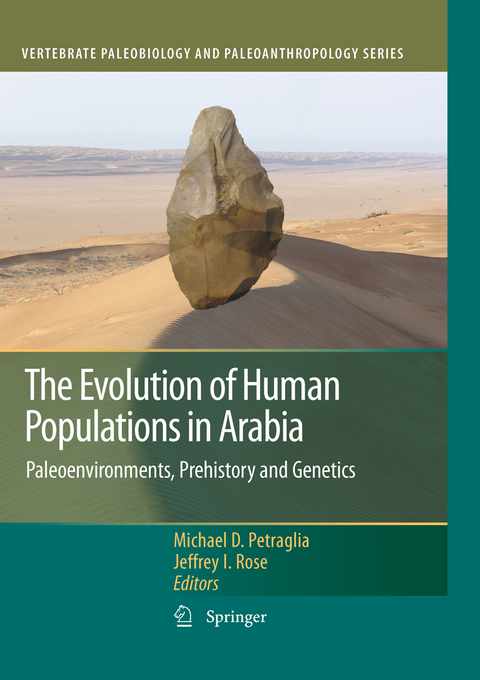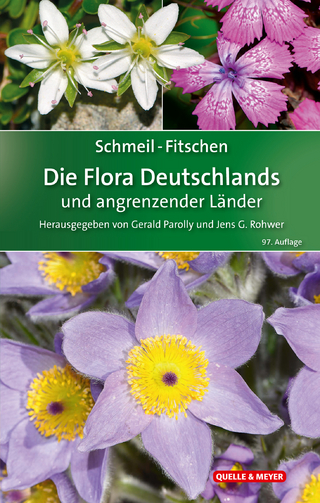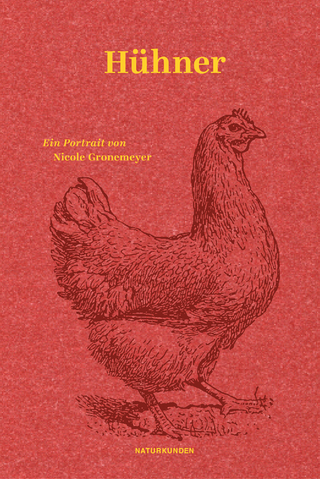
The Evolution of Human Populations in Arabia
Springer (Verlag)
978-94-007-3102-8 (ISBN)
The romantic landscapes and exotic cultures of Arabia have long captured the int- ests of both academics and the general public alike. The wide array and incredible variety of environments found across the Arabian peninsula are truly dramatic; tro- cal coastal plains are found bordering up against barren sandy deserts, high mountain plateaus are deeply incised by ancient river courses. As the birthplace of Islam, the recent history of the region is well documented and thoroughly studied. However, legendary explorers such as T.E. Lawrence, Wilfred Thesiger, and St. John Philby discovered hints of a much deeper past during their travels across the subcontinent. Drawn to Arabia by the magnifcent solitude of its vast sand seas, these intrepid adventurers learned from the Bedouin how to penetrate its deserts and returned with stirring accounts of lost civilizations among the wind-swept dunes. We now know that, prior to recorded history, Arabia housed countless peoples living a variety of lifestyles, including some of the world’s earliest pastoralists, c- munities of incipient farmers, fshermen dubbed the “Ichthyophagi” by ancient Greek geographers, and Paleolithic big-game hunters who were among the frst humans to depart their ancestral homeland in Africa. In fact, some archaeological investigations indicate that Arabia was inhabited by early hominins extending far back into the Early Pleistocene, perhaps even into the Late Pliocene.
Michael D. Petraglia was born in New York in 1960. He is currently a Senior Lecturer in the Leverhulme Centre for Human Evolutionary Studies, University of Cambridge. Over the past 25 years, he has conducted archaeological research in India, Arabia, Europe and North America. He is co-editor of the book, The Evolution and History of Human Populations in South Asia (Springer). Jeffrey Ian Rose was born in Princeton, New Jersey in 1975. Over the past 20 years, he has conducted fieldwork in prehistoric archaeology throughout North America, Europe, and Arabia. He is currently a Senior Lecturer in the Department of Anthropology and Geography at Oxford Brookes University and runs an ongoing archaeological research project in the Sultanate of Oman.
Quaternary Environments and Demographic Response.- Tracking the Origin and Evolution of Human Populations in Arabia.- The Red Sea, Coastal Landscapes, and Hominin Dispersals.- Pleistocene Climate Change in Arabia: Developing a Framework for Hominin Dispersal over the Last 350 ka.- Environment and Long-Term Population Trends in Southwest Arabia.- Genetics and Migration.- Mitochondrial DNA Structure of Yemeni Population: Regional Differences and the Implications for Different Migratory Contributions.- The Arabian peninsula: Gate for Human Migrations Out of Africa or Cul-de-Sac? A Mitochondrial DNA Phylogeographic Perspective.- Bayesian Coalescent Inference from Mitochondrial DNA Variation of the Colonization Time of Arabia by the Hamadryas Baboon (Papio hamadryas hamadryas).- Pleistocene Archaeology.- Acheulean Landscapes and Large Cutting Tools Assemblages in the Arabian peninsula.- A Middle Paleolithic Assemblage from Jebel Barakah, Coastal Abu Dhabi Emirate.- Paleolithic Stone Tool Assemblages from Sharjah and Ras al Khaimah in the United Arab Emirates.- The Central Oman Paleolithic Survey: Recent Research in Southern Arabia and Reflection on the Prehistoric Evidence.- The Middle Paleolithic of Arabia: The View from the Hadramawt Region, Yemen.- The “Upper Paleolithic” of South Arabia.- The Late Pleistocene of Arabia in Relation to the Levant.- The Early Holocene.- Holocene (Re-)Occupation of Eastern Arabia.- Early Holocene in the Highlands: Data on the Peopling of the Eastern Yemen Plateau, with a Note on the Pleistocene Evidence.- Southern Arabia’s Early Pastoral Population History: Some Recent Evidence.- Archaeological, Linguistic and Historical Sources on Ancient Seafaring: A Multidisciplinary Approach to the Study of Early Maritime Contact and Exchange inthe Arabian Peninsula.- Holocene Obsidian Exchange in the Red Sea Region.- Synthesis and Discussion.- The Paleolithic of Arabia in an Inter-regional Context.
| Reihe/Serie | Vertebrate Paleobiology and Paleoanthropology |
|---|---|
| Zusatzinfo | XII, 312 p. |
| Verlagsort | Dordrecht |
| Sprache | englisch |
| Maße | 210 x 279 mm |
| Themenwelt | Sachbuch/Ratgeber ► Natur / Technik ► Naturführer |
| Geisteswissenschaften ► Archäologie | |
| Naturwissenschaften ► Biologie ► Biochemie | |
| Naturwissenschaften ► Biologie ► Evolution | |
| Naturwissenschaften ► Geowissenschaften ► Mineralogie / Paläontologie | |
| Sozialwissenschaften ► Soziologie | |
| Schlagworte | Arabia • archaeology • Genetics • Human Evolution • Paleoenvironments |
| ISBN-10 | 94-007-3102-7 / 9400731027 |
| ISBN-13 | 978-94-007-3102-8 / 9789400731028 |
| Zustand | Neuware |
| Haben Sie eine Frage zum Produkt? |
aus dem Bereich


